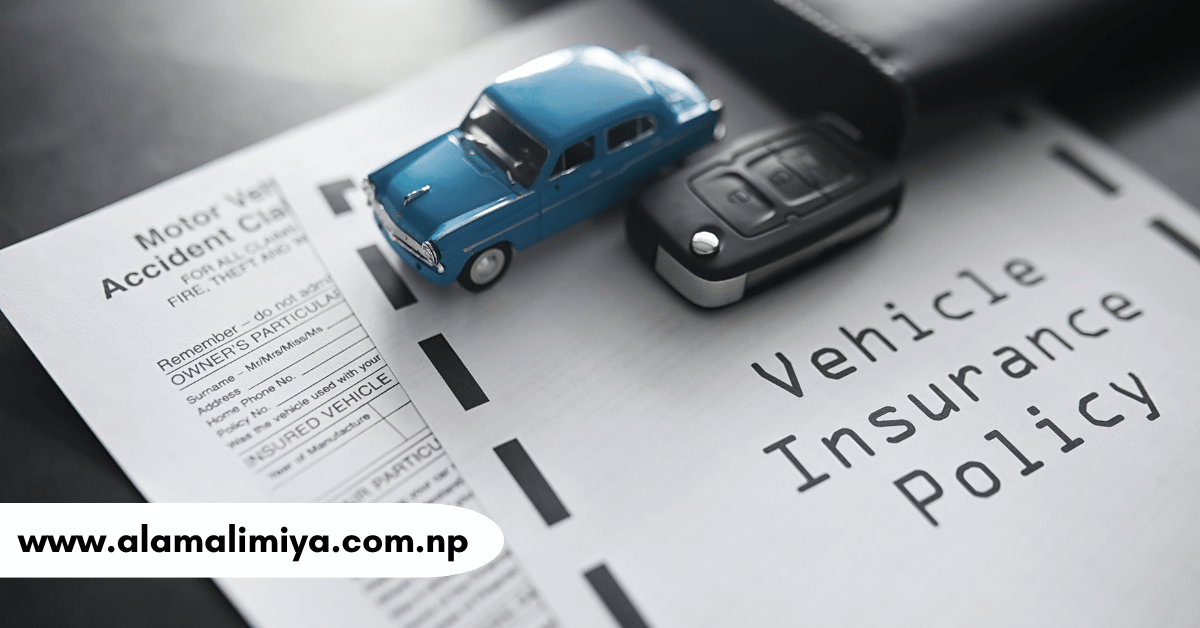What is Car Insurance?
Car insurance is a contract between you and an insurance company that protects you financially in case of accidents, theft, or damage involving your vehicle. In exchange for a premium, the insurer agrees to cover losses as outlined in your policy.
Why Do You Need Car Insurance?
It’s more than just a legal requirement—car insurance protects your finances, helps pay for medical expenses, covers vehicle repairs, and shields you from liability claims if you’re at fault in an accident.
Types of Car Insurance Coverage
Liability Insurance
This covers damages and injuries you cause to others. It’s usually split into bodily injury and property damage coverage.
Collision Coverage
Covers repair or replacement of your vehicle after an accident, regardless of fault.
Comprehensive Coverage
Protects against non-collision incidents like theft, fire, flood, hail, or vandalism.
Uninsured/Underinsured Motorist Coverage
Covers you if the at-fault driver doesn’t have insurance or doesn’t have enough coverage to pay for your damages.
Personal Injury Protection (PIP)
Covers medical expenses, lost wages, and other related costs regardless of who was at fault.
How Car Insurance Works
Premiums and Deductibles
- A premium is what you pay monthly or annually for your insurance.
- A deductible is the amount you pay out of pocket before insurance kicks in.
How Claims Are Processed
After an accident, file a claim with your insurer. They’ll investigate the incident, determine fault, assess damage, and then issue payment minus your deductible.
Factors That Affect Your Car Insurance Rates
Age and Gender
Young and male drivers typically pay more due to higher risk factors.
Driving Record
Accidents, tickets, or DUIs can significantly raise your rates.
Vehicle Type
Luxury cars or sports cars usually cost more to insure than standard sedans.
Location
Living in a city with high accident or theft rates can increase your premium.
Credit Score
In many states, insurers use your credit score to help determine your likelihood of filing claims.
How to Choose the Right Car Insurance Policy
Assess Your Coverage Needs
Do you own or lease? Drive often or rarely? These factors help determine the type and amount of coverage you need.
Compare Quotes from Multiple Insurers
Use comparison tools or work with an agent to ensure you’re getting the best deal for your situation.
Check for Discounts
Look for bundling discounts, safe driver rewards, student discounts, and more.
Understand the Terms and Conditions
Always read the fine print. Know what’s covered, what’s excluded, and what your responsibilities are.
Common Car Insurance Mistakes to Avoi
Choosing the Cheapest Policy Without Reviewing Coverage
Low premiums might come with bare-bones coverage—which won’t help much in a major accident.
Letting the Policy Lapse
Driving uninsured, even for a day, can result in fines, penalties, and higher future premiums.
Not Updating Policy Details
Moved recently? Bought a new car? Let your insurer know to keep your coverage valid.
How to Save Money on Car Insurance
Bundle Policies
Combine car, home, or renters insurance to get multi-policy discounts.
Increase Your Deductible
Raising your deductible lowers your premium—but make sure you can afford it if needed.
Maintain a Good Driving Record
Avoid accidents and tickets to qualify for safe driver discounts.
Use Telematics or Pay-Per-Mile Insurance
Let your insurer track your driving. If you’re safe or drive infrequently, you might score significant savings.
Car Insurance for Different Types of Drivers
New Drivers
Often pay the highest premiums—look for good student discounts and consider being added to a parent’s policy.
Senior Drivers
May benefit from mature driver discounts and safe driving courses.
High-Risk Drivers
If you have a DUI or multiple violations, expect higher rates, but you can improve your status over time by driving responsibly.
Conclusion
Car insurance is an essential tool for protecting your vehicle, your finances, and your future. By understanding the types of coverage, what influences your premium, and how to choose the right policy, you can make informed decisions that give you both protection and peace of mind. Always compare options, avoid common mistakes, and revisit your policy regularly to ensure it still meets your needs.
FAQs
1. Is car insurance mandatory in all states?
Yes, except for New Hampshire and Virginia, most states require minimum liability coverage.
2. What happens if I drive without insurance?
You could face fines, license suspension, vehicle impoundment, or even jail time depending on your state.
3. Can I switch insurance companies anytime?
Yes, you can cancel your policy and switch anytime—just make sure you don’t have a coverage gap.
4. How often should I review my policy?
At least once a year, or anytime you buy a car, move, or experience major life changes.
5. What is gap insurance, and do I need it?
Gap insurance pays the difference between your car’s value and what you owe on a loan or lease. It’s useful if you have a new or financed vehicle.
Read Also: Insurance Premium: Everything You Must Know in 2025



